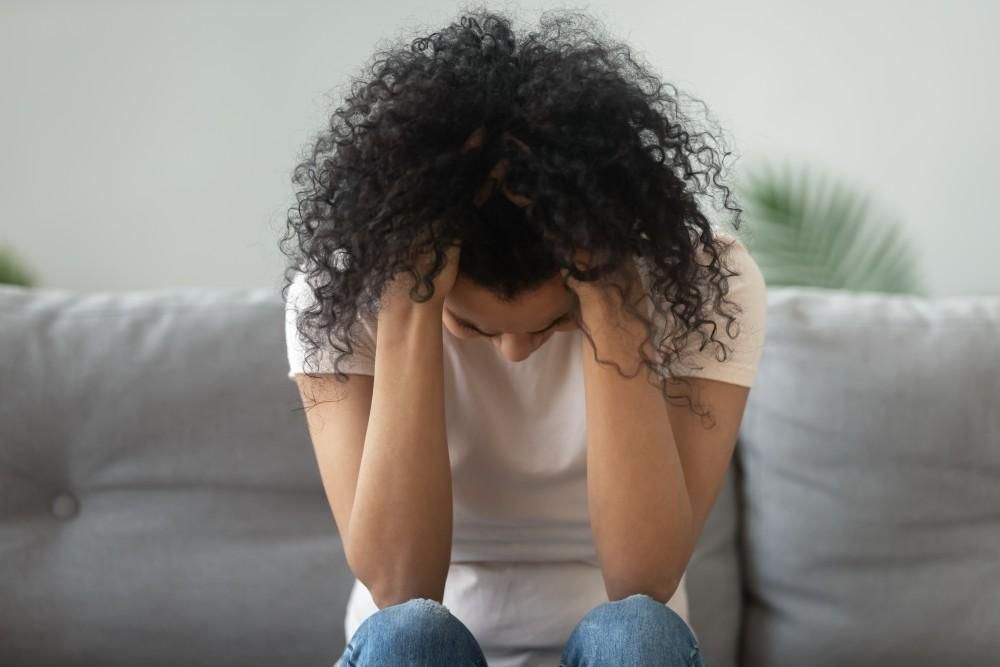Anxiety is a significant mental health problem that affects millions of people. According to the Anxiety & Depression Association of America, anxiety disorders affect 6.8 million adults, but only about half seek treatment.
Whether you’re living with anxiety or have a loved one who is, knowing the truth is crucial to alleviate symptoms. There are a lot of myths circling the internet, which is why the team at Carolina Wellness Psychiatry offers information and treatment for mental health disorders.
Our three practitioners provide several treatments for anxiety disorders, including medication management and psychotherapy. They provide the information you need to decide about anxiety treatment.
The facts on anxiety
Anxiety is something we all feel at some point, whether it’s the jitters before a first date or a feeling of panic during a speech. But this type of anxiety goes away when the stressor passes.
Anxiety becomes a problem when it affects everyday life and creates feelings of intense worry, fear, or dread about specific situations or triggers. It’s a prevalent group of mental health problems that significantly impact a person’s life.
Many forms of anxiety exist, including general anxiety disorder, panic disorder, and post-traumatic stress disorder (PTSD). Each form of anxiety has a specific set of symptoms. Still, all revolve around intense worry or fear beyond the body’s normal response to danger.
Symptoms of anxiety vary depending on the severity of the condition but usually involve intense worry, difficulty concentrating, restlessness, and/or sleep disturbances.
6 anxiety myths debunked
Living with anxiety is tough, especially when you’re still learning about the condition. It’s easy to get lost on the internet and believe what you see, but there are a lot of myths and false information floating around.
It’s crucial to know the facts about anxiety to understand the condition and get the proper treatment for your needs. The following are six prevalent myths about anxiety and the absolute truth behind each.
1. Anxiety means you’re weak
The truth is that anxiety has many causes, none of which come from weakness. General anxiety disorder may be genetic or come from environmental factors, brain chemistry, and even substances.
It’s easy to feel a sense of weakness with the myths floating around, but knowing the truth about it helps people overcome any shame or negative feelings related to the disorder.
2. Anxiety isn’t a serious problem
A significant myth related to anxiety is that it’s not a serious medical problem – but nothing is farther from the truth. Untreated anxiety often leads to other mental health problems like depression, substance use disorder, and sometimes, suicide.
Anxiety is a significant mental health problem that may require professional treatment to overcome symptoms and improve quality of life.
3. Medications are the only treatment
Medications are only one aspect of treatment for anxiety disorder – but they’re not always the best treatment for everyone. Getting to the root cause of anxiety is the key to successful treatment, which often involves psychotherapy, counseling, and other practices like meditation and journaling.
4. I can deal with anxiety alone
Everyone copes with anxiety in their own way, but avoiding treatment has dangerous consequences. It’s important to know when to seek treatment for anxiety, mainly when it’s affecting daily activities.
Coping with anxiety disorders alone may not work, and home remedies may worsen the problem. Talking to us about treatment options is a great way to begin the treatment process and decrease anxious thoughts.
5. Anxiety lasts forever
Although it may seem like you’ll never get relief from anxiety, that isn’t true. Anxiety disorders are among the most treatable mental health issues. You don’t have to live with crippling anxiety for the rest of your life.
The sooner you realize you’re living with anxiety you can’t control, the sooner we can provide treatment to improve your quality of life and alleviate uncomfortable symptoms.
6. You need to avoid all stress
Avoiding stress in today’s society is nearly impossible – and not a good idea to manage anxiety. Trying to avoid stressful situations may result in worsening anxiety symptoms.
It’s more important to learn how to cope with stressful situations and find ways to deal with anxiety than avoid stressors altogether. It doesn’t happen overnight, but with our proven treatments, we help you learn coping mechanisms to fight anxiety symptoms.
Call Carolina Wellness Psychiatry today to schedule an anxiety treatment appointment, or use our online booking feature to request a consultation with our team.




